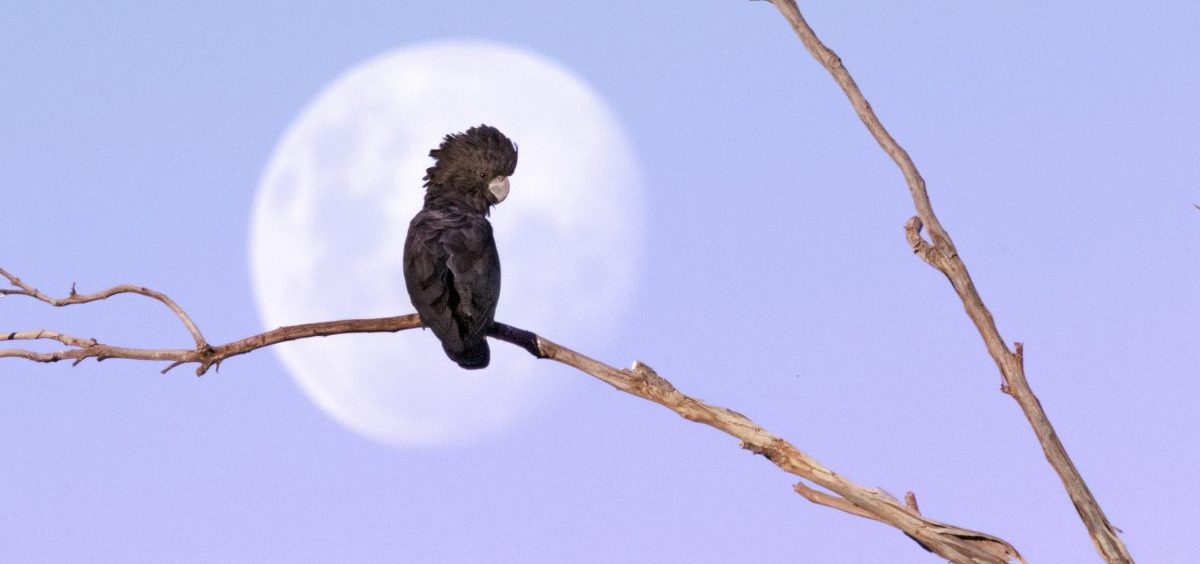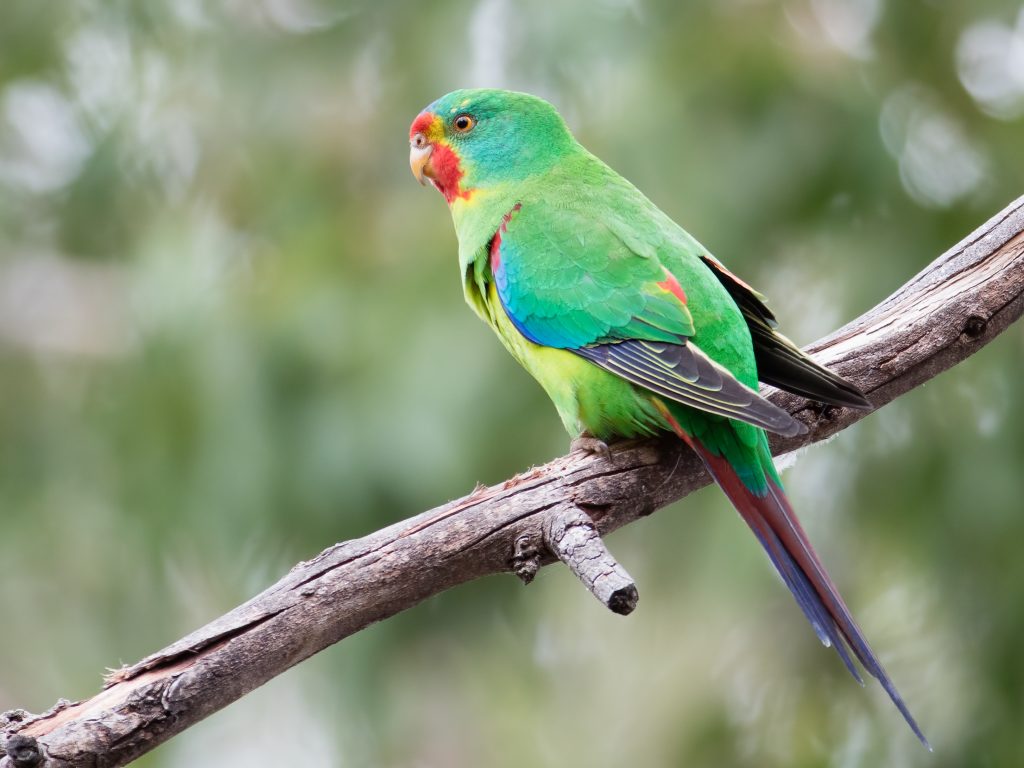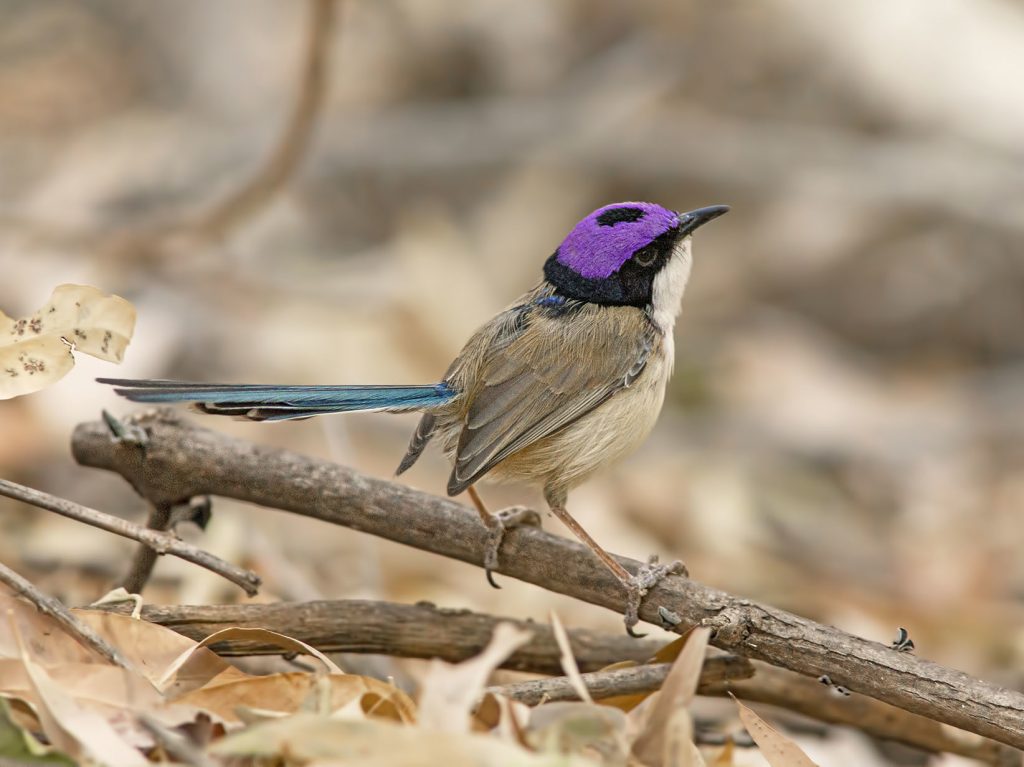Culture

An album made entirely of endangered bird sounds beat Taylor Swift on a top 50 chart
< < Back to an-album-made-entirely-of-endangered-bird-sounds-beat-taylor-swift-on-a-top-50-chartWASHINGTON, D.C. (NPR) — For most of December, Adele had the top-selling album in Australia, followed by Ed Sheeran, and then there was a collection of absolute bangers that took everyone by surprise.
Songs Of Disappearance is an entire album of calls from endangered Australian birds. Last month, it briefly perched at No. 3 on the country’s top 50 albums chart – ahead of Taylor Swift.
Anthony Albrecht produced the album with his arts organization, the Bowerbird Collective. He’s a musician and a Ph.D. candidate at Charles Darwin University, where his adviser is professor Stephen Garnett.
“I knew it was an ambitious thing to suggest and — I don’t know. Stephen’s a little bit crazy like me, and he said, let’s do this,” Albrecht said.
Songs Of Disappearance was released with a university report that found 1 in 6 Australian bird species are now threatened. The album captures 53 of those species.
Some sing what you might think of as bird songs, but not all of them. Sean Dooley represents the conservation organization Birdlife Australia.

“Things like the golden bowerbird — it sounds like a death ray from some cheesy ’70s sci-fi series,” Dooley said. “And then you get to the Christmas Island frigatebird, which the male, it has a flap of skin under its chin that it inflates like a giant red balloon. And so when it’s doing these courtship sounds, it looks incredible as well as sounds bizarre.”

“When people hear that imperial pigeon, they swear that it’s a human making silly noises,” Dooley said. “They’re quite magnificently ridiculous.”
Proceeds from album sales directly benefit Birdlife Australia, and Dooley says the increased awareness can make a difference.
“When we have community on board, that brings pressure on board to government to do the right thing,” he said. “And we know that these conservation actions do work.”
The Charles Darwin University and Birdlife Australia report does document successes in protecting endangered birds, the hope being that these tweets go viral, more species could be saved.
9(MDU1ODUxOTA3MDE2MDQwNjY2NjEyM2Q3ZA000))

